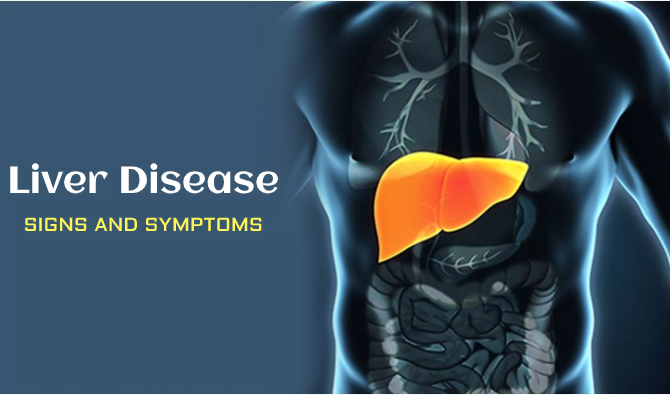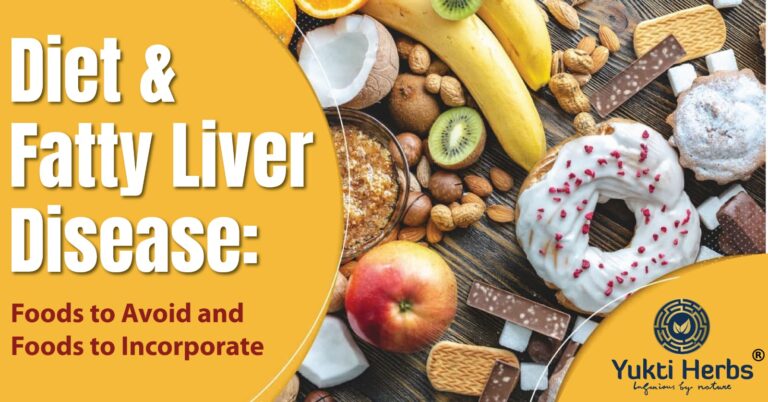Nonalcoholic fatty liver disease (NAFLD) is a prevalent condition characterized by the accumulation of excess fat in the liver. With approximately 25% of adults in the United States affected by Fatty Liver, it is crucial to understand how dietary choices can play a pivotal role in managing this condition and preventing its progression. Diet and Fatty Liver By making informed decisions about the foods we consume, we can take control of our liver health and mitigate the risks associated with NAFLD.
Foods to Avoid in Fatty Liver:
- Sugary Drinks: Sugary beverages such as soda, juice, and sports drinks are notorious for their high sugar content. These drinks can lead to elevated blood sugar levels, promote weight gain, and contribute to the buildup of fat in the liver. To protect liver health, it is essential to steer clear of sugary drinks and opt for healthier alternatives like water, herbal tea, or infused water with fresh fruits and herbs.
- Alcohol: Alcohol consumption is known to have detrimental effects on the liver, and it can significantly worsen NAFLD. For individuals with this condition, the best course of action is to completely abstain from alcohol to prevent further liver damage and promote healing.
- Processed Foods: Processed foods are often laden with unhealthy fats, added sugars, and high levels of sodium. These factors can contribute to weight gain, inflammation, insulin resistance, and the progression of NAFLD. To protect your liver, it is essential to avoid processed snacks, fast food, packaged meals, and other convenience foods. Instead, prioritize the consumption of fresh, whole foods that nourish your body.
- Red Meat: Red meat, especially fatty cuts, tends to be high in saturated fats. These unhealthy fats can contribute to the accumulation of fat in the liver, exacerbating NAFLD. It is recommended to limit the intake of red meat to no more than 3 ounces per day. Instead, choose leaner protein options such as poultry, fish, or plant-based sources like beans and legumes.
- Fried Foods: Fried foods are typically high in unhealthy fats and calories. Regular consumption of fried foods can lead to weight gain, inflammation, and insulin resistance, all of which can worsen NAFLD. To promote liver health, it is advisable to eliminate fried foods from your diet. Instead, explore healthier cooking methods like baking, grilling, steaming, or sautéing.
Foods to Avoid in Fatty Liver:
- Fruits and Vegetables: Incorporating a wide variety of fruits and vegetables into your diet is paramount for individuals with NAFLD. These nutrient-rich foods are low in calories and high in fiber, vitamins, and minerals. They promote weight loss, reduce inflammation, and improve insulin sensitivity. Aim to include a colorful assortment of fruits and vegetables such as leafy greens, berries, citrus fruits, cruciferous vegetables, and tomatoes in your meals.
- Whole Grains: Whole grains like quinoa, brown rice, oats, and whole wheat bread are excellent sources of fiber and essential nutrients. They provide sustained energy, promote satiety, and aid in weight management. Furthermore, whole grains help regulate blood sugar levels and improve insulin sensitivity, which is beneficial for individuals with NAFLD.
- Lean Protein: Including lean protein sources in your diet is essential for supporting liver health. Opt for skinless poultry, fish, eggs, and plant-based proteins like legumes, tofu, and tempeh. Protein is vital for repairing liver cells and promoting their healthy functioning.
- Healthy Fats: Incorporating healthy fats, particularly those rich in omega-3 fatty acids, is beneficial for individuals with NAFLD. Omega-3 fatty acids help reduce inflammation and improve liver health. Include fatty fish such as salmon, tuna, and sardines in your diet, as well as nuts and seeds like walnuts, flaxseeds, and chia seeds.
- Herbal Teas and Green Tea: Certain herbal teas like dandelion root, milk thistle, and ginger can support liver health. Green tea, abundant in antioxidants, has been shown to improve liver enzyme levels and reduce liver fat accumulation. Consider incorporating these beneficial teas into your daily routine to promote liver health.
Additional Tips to Manage Fatty Liver:
- Regular Meals and Snacks: Maintaining a consistent schedule of regular, balanced meals and snacks throughout the day is essential. This approach helps stabilize blood sugar levels and prevents excessive hunger, which can lead to unhealthy food choices. Aim for three main meals and two to three healthy snacks per day.
- Cook at Home: Preparing meals at home allows you to have greater control over the ingredients and cooking methods. This empowers you to avoid processed foods and incorporate fresh, wholesome ingredients into your meals.
- Read Food Labels: Make it a habit to read food labels carefully. Pay close attention to the amounts of fat, added sugars, and sodium in the foods you choose. Avoid products that contain trans fats, high fructose corn syrup, and other unhealthy additives.
- Gradual Changes: Instead of attempting to overhaul your entire diet at once, focus on making gradual changes. This approach increases the likelihood of successfully adopting new eating habits and making them a permanent part of your lifestyle.
- Regular Exercise: In conjunction with dietary modifications, engaging in regular physical activity is crucial for managing NAFLD. Exercise promotes weight loss, improves insulin sensitivity, and reduces inflammation. Strive for at least 150 minutes of moderate-intensity aerobic exercise per week, along with incorporating strength training exercises.
It is important to note that individual dietary needs may vary, and it is always recommended to consult with an Ayurvedic Doctor professional or a registered dietitian for personalized advice. They can provide guidance on portion sizes, calorie requirements, and any specific dietary considerations based on your unique health profile and Ayurvedic Treatment for Fatty liver.
In conclusion, adopting a healthy diet is a fundamental aspect of managing NAFLD. By avoiding foods high in sugars, unhealthy fats, and sodium, and incorporating a wide array of fruits, vegetables, whole grains, lean proteins, and healthy fats, individuals with NAFLD can improve liver health, reduce inflammation, and mitigate the risk of complications associated with the condition. Combined with regular exercise and weight management, a balanced and wholesome diet can pave the way for a healthier liver and overall well-being.











